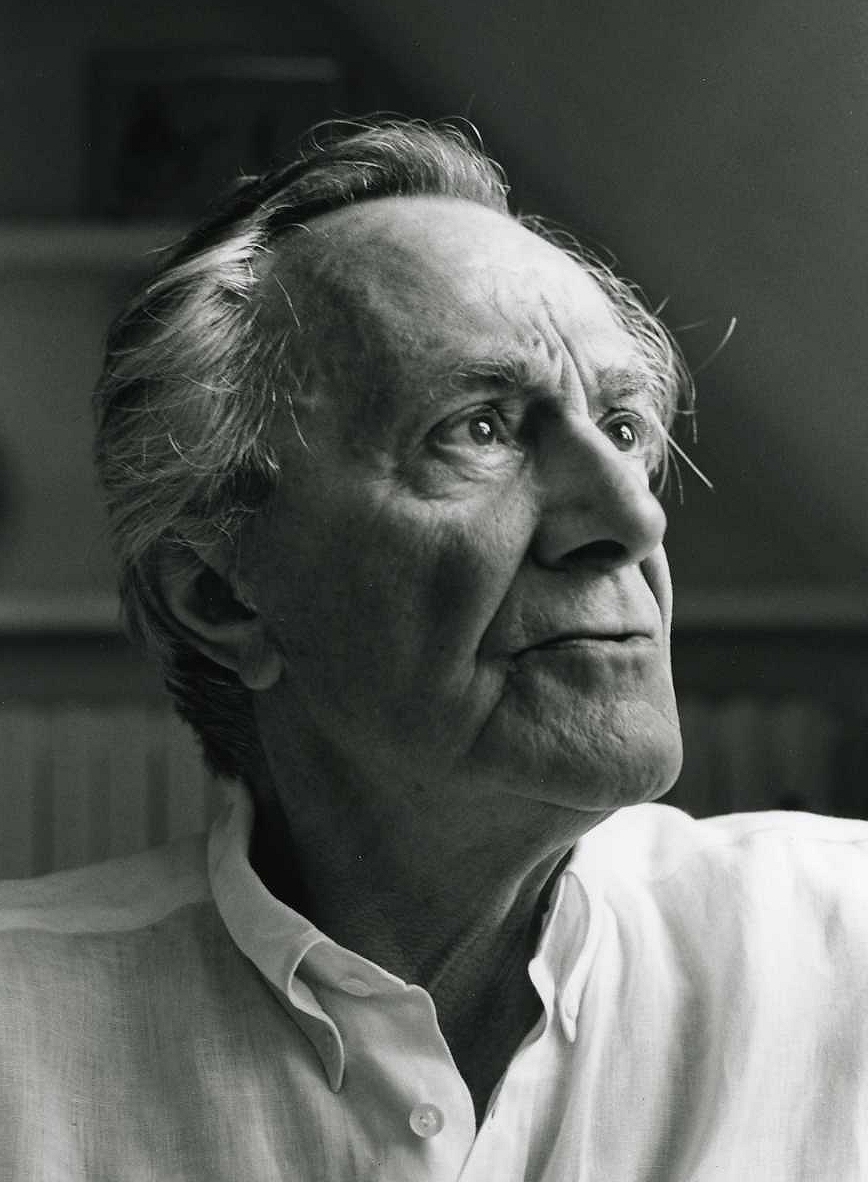Postmodernism
Enlarge text Shrink textPostmodernism is a term used to refer to a variety of artistic, cultural, and philosophical movements that claim to mark a break from modernism. They have in common the conviction that it is no longer possible to rely upon previous ways of depicting the world. Still, there is disagreement among experts about its more precise meaning even within narrow contexts. The term began to acquire its current range of meanings in literary criticism and architectural theory during the 1950s–1960s. In opposition to modernism's alleged self-seriousness, postmodernism is characterized by its playful use of eclectic styles and performative irony, among other features. Critics claim it supplants moral, political, and aesthetic ideals with mere style and spectacle. In the 1990s, "postmodernism" came to denote a general – and, in general, celebratory – response to cultural pluralism. Proponents align themselves with feminism, multiculturalism, and postcolonialism. Building upon poststructural theory, postmodern thought defined itself by the rejection of any single, foundational historical narrative. This called into question the legitimacy of the Enlightenment account of progress and rationality. Critics allege that its premises lead to a nihilistic form of relativism. In this sense, it has become a term of abuse in popular culture.
Read more on Wikipedia >
 Topic
Topic










